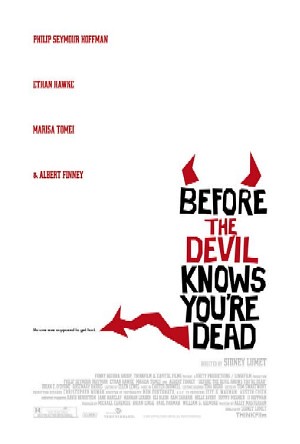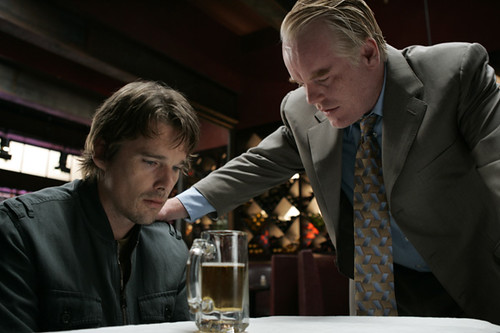
There comes a time when all writers have a baby. Most will have upwards of a dozen, probably more. I’m not talking the kind you raise, send off to college, and get betrayed by with an impractical career choice in screenwriting. I’m talking about the kind of baby you polish, develop, and shop. It’s the flagship script of your writing fleet, the current piece that you feel best represents you as a writer, the script that can get you on the map if you haven’t been discovered. Like people are with their firstborn, writers are usually pretty protective of this script...or novel. (just for you King Suckerman) A few times in conversations with my peers I’ve been very surprised by just how protective we can be of these works and how firmly we may stand by what we believe to be the value of the script. We insist that we won’t give in to any high powered exec’s offer unless it’s the offer we believe in. I think about these conversations and wonder what we sound like to those established in the industry, or what we might sound like to anybody. Are we cocky or confident? Are we smart or just young?
When it comes to protecting a script, I remember a time within the last few years when some of my peers, myself included, were uber distrustful of contests, queries, any type of release form, and most outsider’s eyes. It became second nature to expect that the industry was just a field of predators waiting to feast on our darling projects. It was kind of suffocating now that I think back to it, feeling like I would never have another “baby” and that I wouldn’t find success until some yellow brick road within the industry presented itself and steered me away from the predators. I’m not really in a position to give many writers advice, but if you’re young or just starting out down this path, I hope I can save you some time with a few crunchy nuggets of insight. One of my favorite screenwriting sayings is that “a great script will get made.” There are variations, maybe it’s come to you as “if you have a great script, somebody will find it.” I always found this very comforting, but in reality it’s kind of bullshit, because your great script won’t go anywhere on its own unless it grows legs and a silver tongue. It’s up to you to put your baby out there, so if the script is ready and it’s protected, no sense in aging it on a shelf like it’s an Australian shiraz.
I’m sure there are still many dangers in the industry, but to my friends and I it’s no longer the sinister villain that only exists to steal young writers’ material. Scripts need to be pushed into the field of play. The League has a lot of fun sharing our work with each other in writing meetings, but it’s more fun to place in competitions and be contacted by management and production companies. Good luck Cake Man!
In terms of script protection I feel like The League has matured a great deal. We understand that scripts need to be protected, but that no script can be protected entirely. We also understand that we have to let those birds fly. But I personally feel the urge to question (or explore rather) our sense of what’s realistic when we say that we wouldn’t sell our baby for less than six figures or that we wouldn’t sell a script unless we could own the rights to the characters. I wonder if these sort of things can’t be perceived in a positive light until you manage to pull it off. Nobody is laughing now at what Sylvester Stallone did with Rocky when he refused to sell the script unless he got to play the lead, but is it possible that there was anybody out there praising Sly for his intelligence, his determination, or his confidence before he landed the role? I guess you can play it safe or play it bold. The League is fortunate enough to have a diverse group of writers who have different approaches. We’ll all have the benefit of observing first hand the successes and drawbacks in each others tactics when we eventually find ourselves negotiating the fate of our firstborn. I have a feeling that day will come sooner than later.
PS
Warner Bros wants to buy your baby for $25,000. Rumor has it that a big star is interested in the lead role, but nothing is confirmed. The only guarantee is that you’ll have 25 grand before tax, a screenplay sale under your belt, and some new Hollywood contacts. Would you sell your baby?








